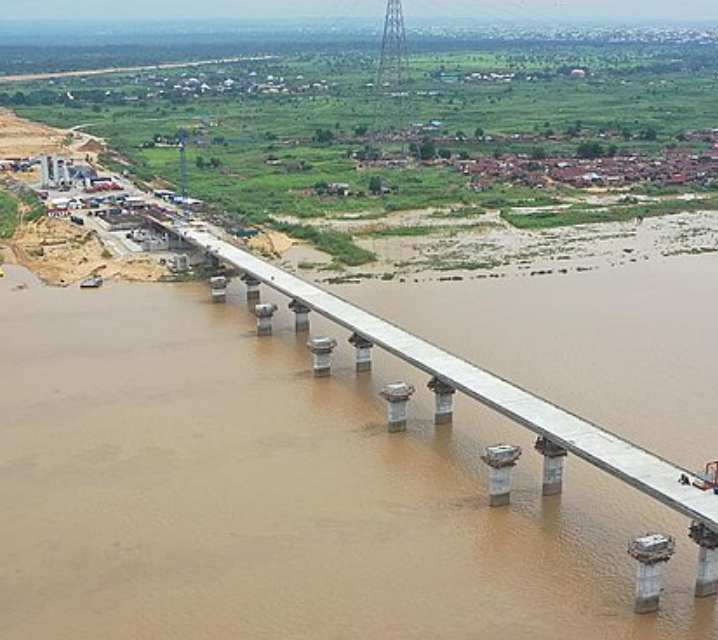River Niger

The River Niger holds great economic importance for the countries it flows through. Let's explore some of the reasons why the river is significant for the economy:
1. Transportation:
The River Niger serves as a major transportation route for goods and people. It allows for the movement of goods such as agricultural products, minerals, and manufactured goods. This helps connect different regions and facilitates trade and commerce between cities and countries along its banks. Barges and boats are used to transport goods, reducing the reliance on costly road or rail infrastructure.
2. Irrigation and Agriculture:
The water from the River Niger is essential for irrigation purposes. It provides a reliable water source for farmers to irrigate their crops, particularly during dry seasons. Irrigation allows farmers to grow a variety of crops and increase agricultural productivity, leading to economic growth and food security. The fertile soil near the riverbanks also supports farming activities and sustains livelihoods.
3. Hydropower Generation:
The River Niger is harnessed for hydroelectric power generation. Dams and reservoirs are built along the river to capture its water and convert the energy into electricity. Hydropower is a clean and renewable energy source, and it helps meet the increasing energy demands of industries, businesses, and households. Access to affordable and reliable electricity is crucial for economic development, industrial growth, and improving the quality of life.
4. Fishing and Aquaculture:
The River Niger supports a thriving fishing industry. Its waters are home to a diverse range of fish species, including catfish, tilapia, and Nile perch. Fishing provides employment and a source of income for many communities along the river. Additionally, fish farming or aquaculture has gained prominence, where fish are bred and raised in controlled environments, contributing to the economy and meeting the demand for fish products.

5. Natural Resources:
The Niger Delta, located at the mouth of the River Niger in Nigeria, is rich in oil and gas reserves. Oil extraction and production activities in the region significantly contribute to the economy of Nigeria, as oil exports form a substantial portion of the country's revenue. The river also supports other natural resources such as minerals, including gold and limestone, which can be extracted and utilized for economic purposes.
Conclusion
Overall, the River Niger plays a crucial role in driving economic activities, supporting livelihoods, and fostering development in the countries it flows through. Its contributions to transportation, agriculture, energy generation, fishing, and natural resource exploitation make it an invaluable asset for the economic growth and prosperity of the region.
Posted using SportsTalkSocial
.jpg)